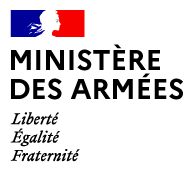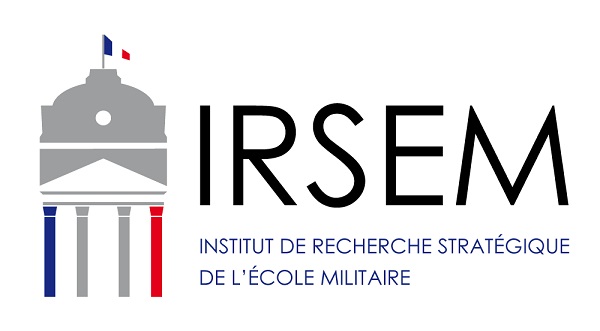European Union (EU) blue-water navies face three dilemmas: they must simultaneously defend the northern and southern flanks of the continent, control maritime approaches while deploying outside Europe, and control the whole spectrum of naval operations. At present, responses to these dilemmas are reflected in a profusion of operational cooperation in the framework of NATO, the EU or coalitions, with no coordination other than that of national headquarters. Founded in August 2019, the Coordinated Maritime Presence (CMP) is intended to streamline these naval operations in specific sea areas. Permanent Structured Cooperation (PESCO) was established in December 2017 to find European solutions where national capabilities are insufficient. Three PESCO projects are devoted to logistics, essentially dedicated to land forces. Within these frameworks, European navies must make their voice heard, in order to set up EU Naval Bases (EUNBs) that meet their needs and complement, with this logistical component, the operational logic of the CMP. However, EUNBs are not ends in themselves: their raison d’être lies in their capacity to support naval operations. Overall coherence between the CMP and PESCO projects would then be an essential tool for European sovereignty.



